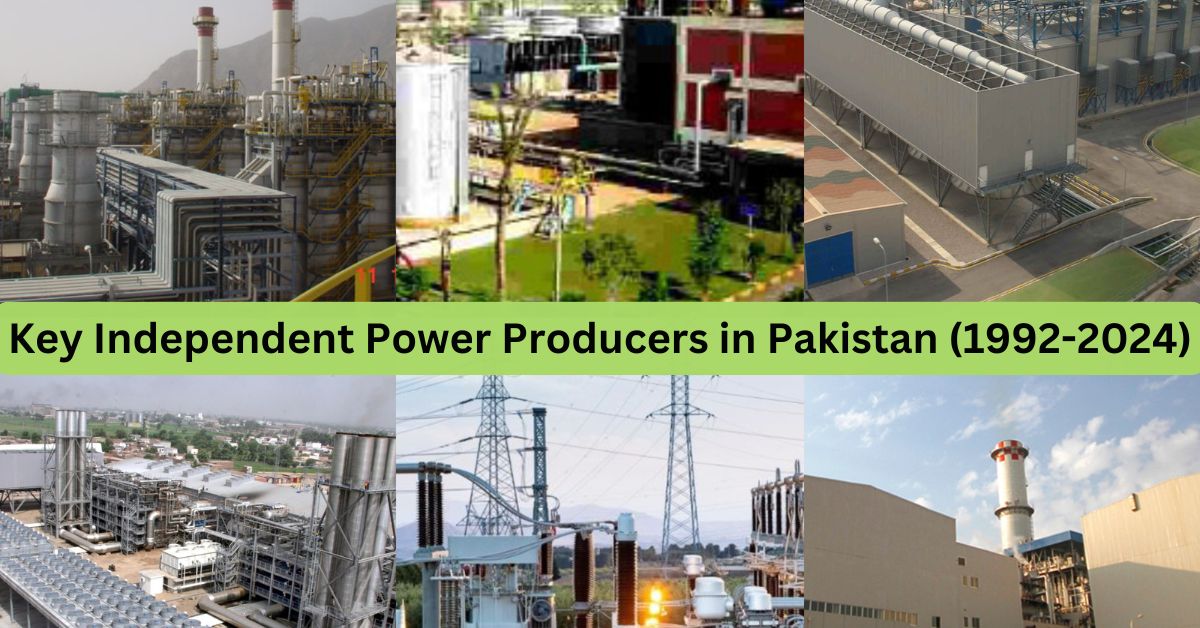
Independent Power Producers: The Hidden Drivers of Pakistan’s Electricity Crisis
Electricity costs in Pakistan have skyrocketed, significantly impacting the lives of ordinary citizens. With over 40% of the population living below the poverty line, the rise in power costs is placing an unbearable burden on the middle class. This article delves into the troubling role of Independent Power Producers (IPPs) and how they have contributed to the crisis from 1992 to 2024.
The Alarming Rise in Electricity Costs Due to Independent Power Producers
Since the introduction of Independent Power Producers (IPPs), such as the Hub Power Company in 1992, electricity rates have surged dramatically. Initially, the rates were around Rs 24 per unit but have now escalated to nearly Rs 76 per unit. This increase is attributed to high generation costs, inefficiencies in power distribution, and a lack of proper regulatory oversight. For an in-depth exploration of these rising costs, refer to the World Bank Report on Pakistan’s Energy Sector.
The introduction of IPPs was intended to diversify power generation and improve efficiency. However, instead of driving down costs, these Independent Power Producers have often led to inflated rates due to unfavorable contract terms and mismanagement. The financial burden on consumers has intensified, with many struggling to manage their electricity bills amid rising costs for other daily necessities.
Historical Context: IPPs in Pakistan’s Power Sector
The inception of the first IPP contract with Hub Power Company marked a significant shift in Pakistan’s power sector. Established in 1991, Hub Power Company was the first of its kind and remains one of the largest power producers in the country. Over time, various other Independent Power Producers (IPPs) have entered the market, including Atlas Power Limited and China Power Hub Generation Company. Despite their significant contributions to power generation, inefficiencies and corruption within these agreements have led to escalating electricity costs.
The agreements made with these IPPs often include complex terms that favor the producers, sometimes at the expense of the consumer and the national economy. This has resulted in substantial financial challenges for the government and exacerbated the energy crisis.
Impact of IPP Contracts on Rising Electricity Rates
The impact of Independent Power Producer (IPP) contracts on electricity rates is substantial. These contracts frequently feature “take-or-pay” clauses, requiring the government to purchase a set amount of electricity regardless of actual demand. This practice not only inflates costs but also contributes to a circular debt crisis within the power sector. For a detailed analysis of these contracts and their effects, explore the IMF Analysis on Pakistan’s Economic Challenges.
The practice of “take-or-pay” ensures that IPPs receive guaranteed payments, even if the electricity is not used, leading to significant financial strain on the government. This strain is then passed on to consumers through higher electricity bills, contributing to the overall economic burden.
The Circular Debt Crisis and Its Effects
Pakistan’s circular debt issue, which involves unpaid dues among consumers, the government, and Independent Power Producers (IPPs), is a critical factor in the rising electricity costs. The reliance on expensive fossil fuels and outdated infrastructure exacerbates this problem. For more insights into the broader impact of circular debt, see the Renewable Energy Initiatives in Pakistan.
The circular debt crisis has created a cycle of financial instability within the energy sector. The accumulation of unpaid bills and the government’s contractual obligations to IPPs have hindered efforts to reduce electricity costs and improve service quality.
Addressing the Crisis: Recommendations and Solutions
To mitigate the electricity crisis, a comprehensive review of Independent Power Producer (IPP) contracts is essential. Implementing regulatory measures, investing in renewable energy sources, and modernizing the power infrastructure are critical steps toward reducing costs and improving the efficiency of the power sector. For more information on energy reforms and potential solutions, visit our post on Pakistan’s Energy Future.
The government needs to renegotiate existing IPP contracts, enhance regulatory oversight, and explore sustainable energy solutions to address the underlying issues contributing to high electricity costs. These measures will help create a more equitable and sustainable energy sector for the future.
Conclusion
The role of Independent Power Producers (IPPs) in escalating Pakistan’s electricity costs is both significant and complex. Since 1992, these producers have contributed to financial challenges through high contract costs, power theft, and inefficiencies. Addressing these issues requires a comprehensive approach: renegotiating IPP contracts, investing in renewable energy, and modernizing infrastructure. By implementing these strategies, Pakistan can work towards a more sustainable and equitable energy sector, ultimately benefiting both consumers and the economy.

